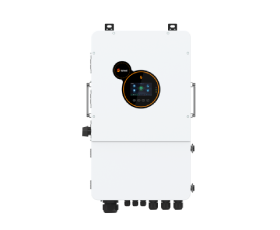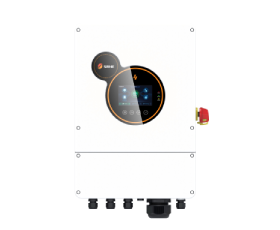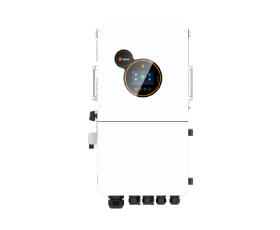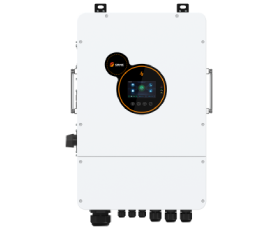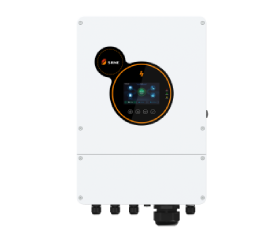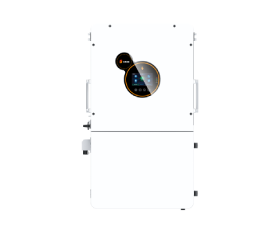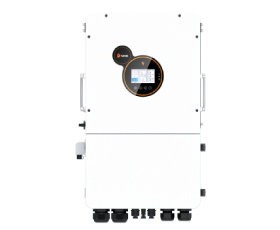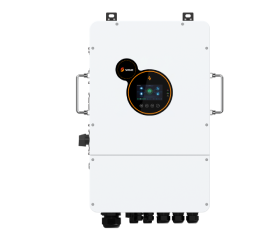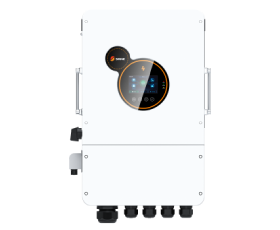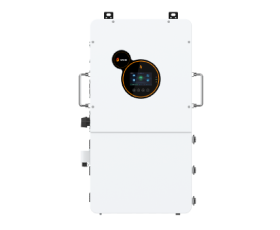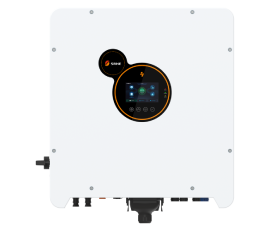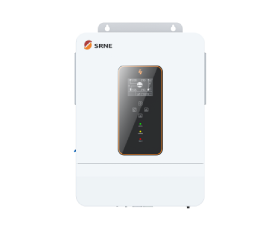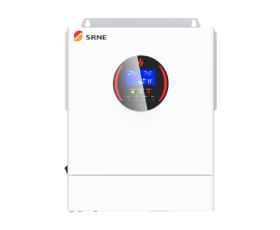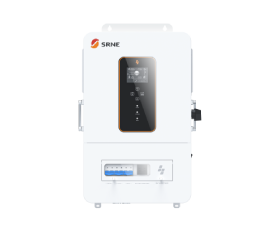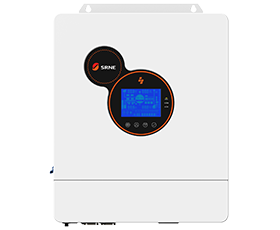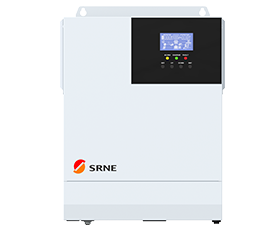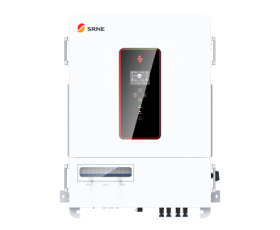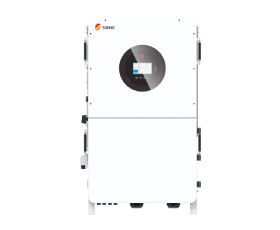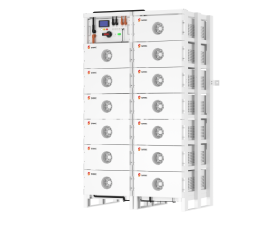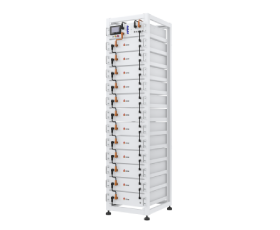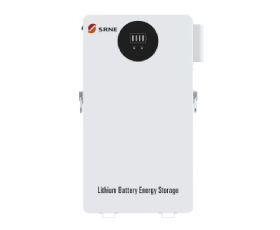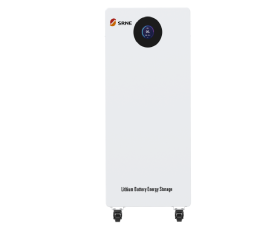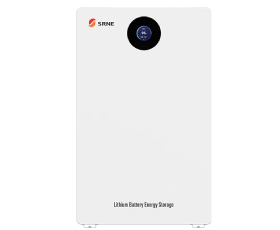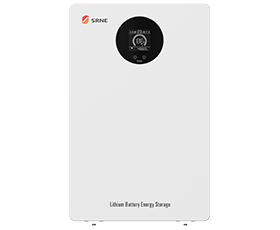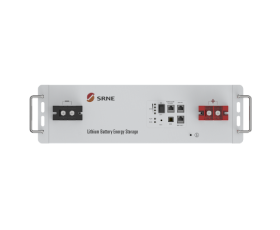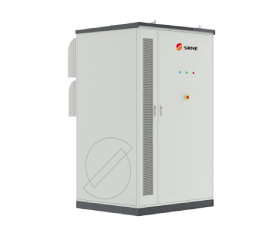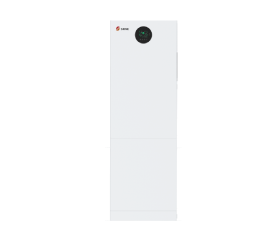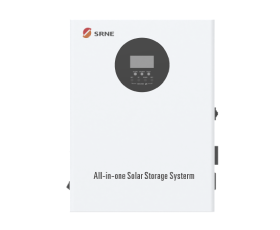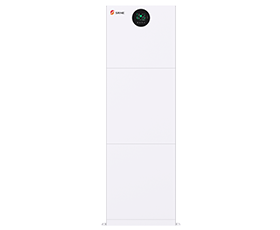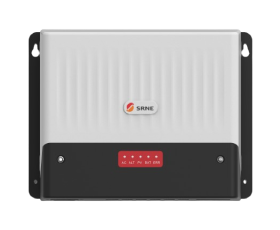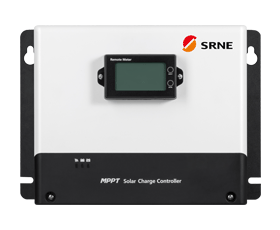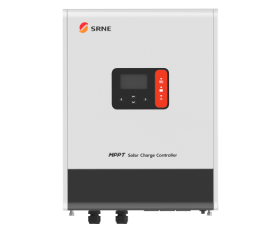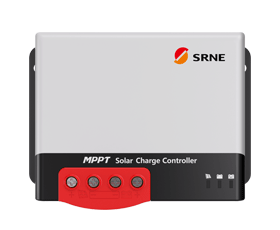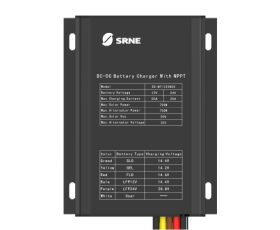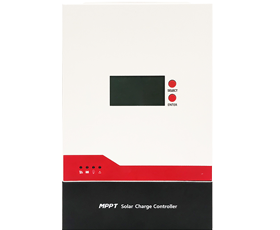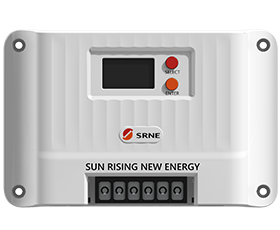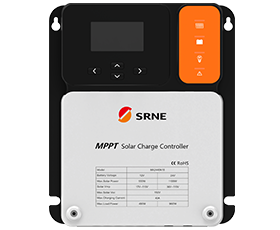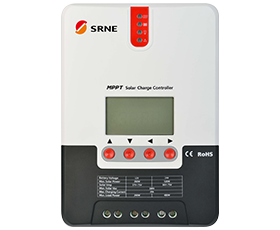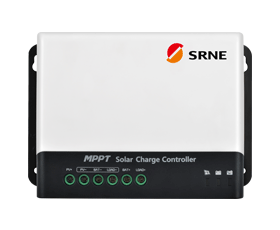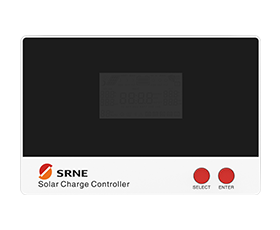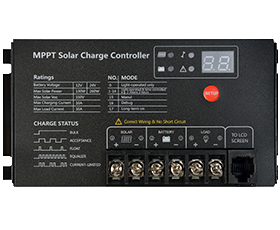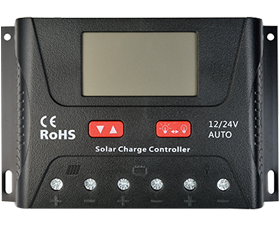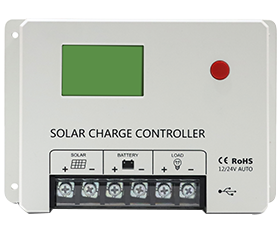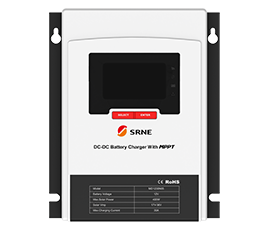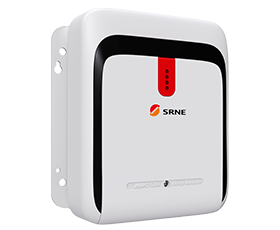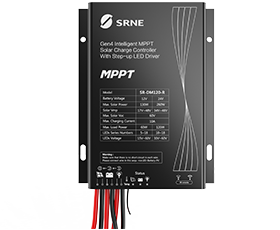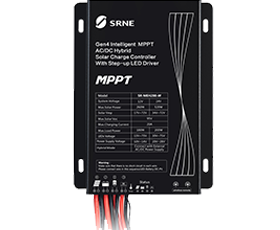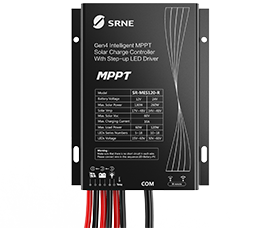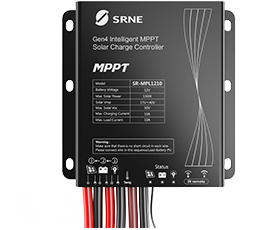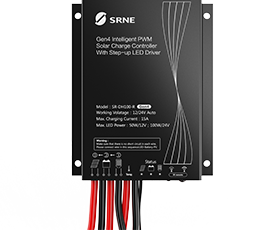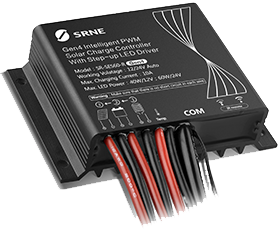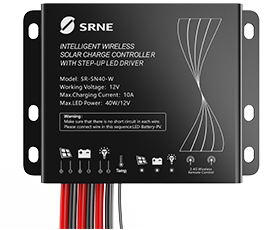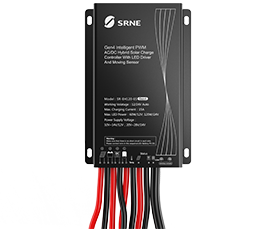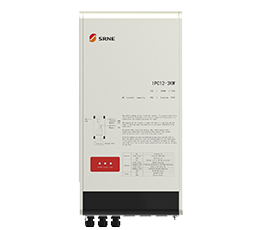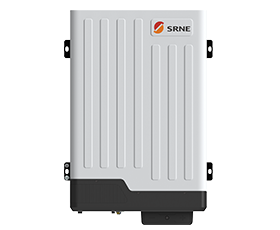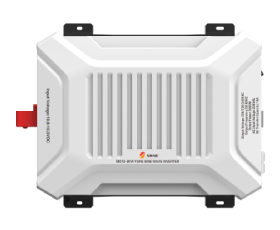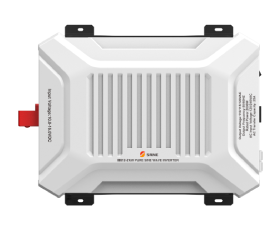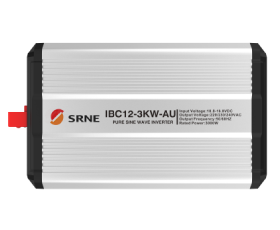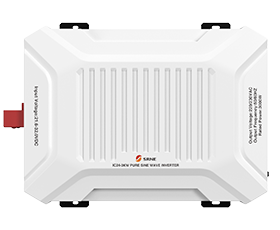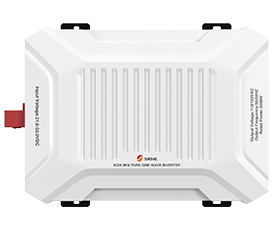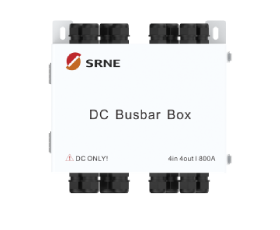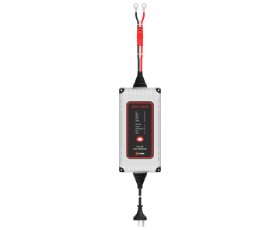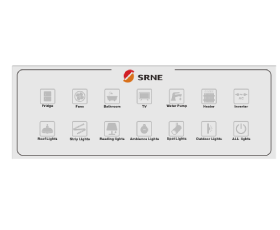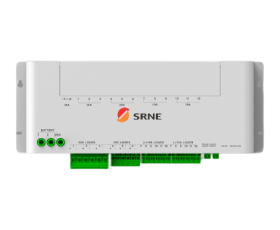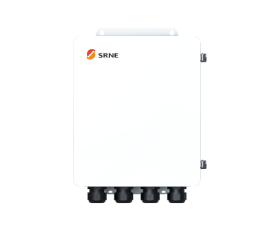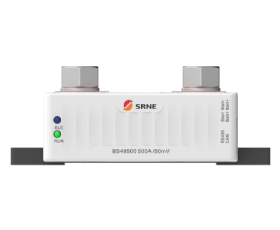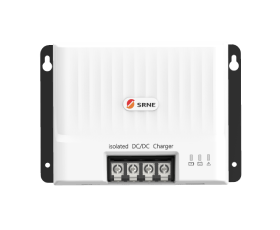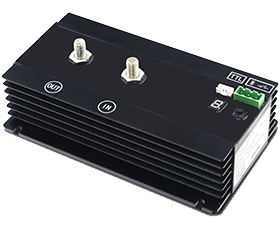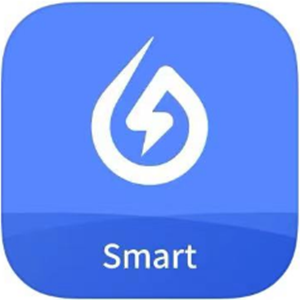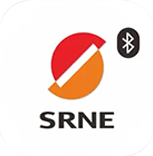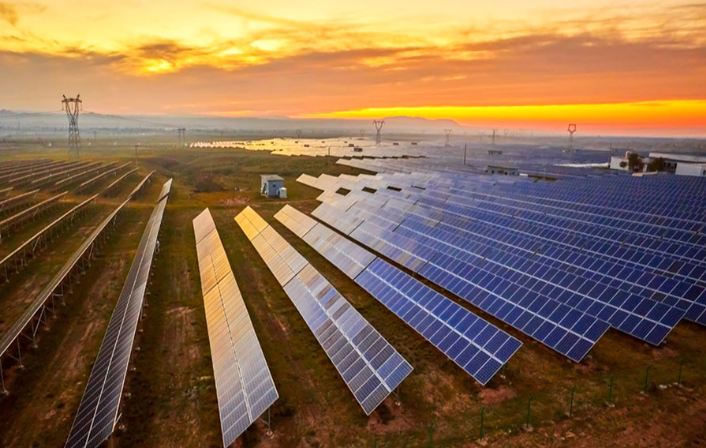The Future of Home Battery Energy Storage: Trends and Innovations
The home battery energy storage system market is evolving rapidly, driven by technological advancements and growing energy demands. As homeowners increasingly seek sustainable solutions, innovations in energy storage promise to reshape how we interact with power. Let’s explore the latest trends and technological advancements that are set to transform the industry, and consider how these changes could benefit homeowners and the broader energy market.
Emerging Trends in Home Battery Energy Storage Systems
1. Enhanced Battery Efficiency and Longevity
Recent advancements in battery chemistry, particularly with lithium-ion and solid-state batteries, have significantly improved energy density, efficiency, and longevity. For homeowners, this means storage systems that not only last longer but are also more reliable. Solid-state batteries, in particular, are gaining traction due to their potential to store more energy while being safer and less prone to overheating compared to traditional lithium-ion systems.
2. Integration with Smart Home Technologies
One of the most significant trends is the integration of home battery energy storage systems with smart home technology. Smart energy management systems now allow batteries to automatically adjust energy usage based on real-time data, such as electricity prices or household consumption patterns. By pairing storage with smart meters and AI-driven platforms, homeowners can maximize energy savings while contributing to grid stability.
3. Vehicle-to-Home (V2H) Capabilities
Electric vehicles (EVs) are not just transforming transportation; they are also impacting home energy storage. Vehicle-to-Home (V2H) technology allows EV batteries to function as a backup power source for homes. This trend is creating a dynamic shift, as homeowners can use their electric car batteries to store excess energy and feed it back into their homes during peak hours or outages, providing an additional layer of energy independence.
4. Advancements in Energy Storage Materials
New materials, such as graphene and lithium-sulfur, are pushing the boundaries of what home battery energy storage systems can achieve. Graphene, known for its conductivity and strength, is being used to improve charging speeds and overall battery lifespan. These advancements will make energy storage systems more efficient, reducing costs over time and making renewable energy more accessible to average homeowners.
5. Growing Adoption of Modular Systems
The modularity trend is another innovation reshaping home energy storage. Modular home battery energy storage systems allow homeowners to expand their storage capacity as their energy needs grow, without replacing the entire system. This flexibility is particularly appealing for families who may want to start small and add more storage as they install additional renewable energy sources like solar panels.
Innovations Impacting Homeowners and the Broader Energy Market
1. Improved Energy Independence
These emerging trends offer homeowners the opportunity for increased energy independence. With advancements in battery efficiency and V2H capabilities, homeowners can store renewable energy and use it during peak demand or grid outages. This not only provides greater energy security but also reduces reliance on traditional power utilities, leading to lower energy bills.
2. Contribution to a Decentralized Grid
The shift toward decentralized energy systems is becoming more pronounced as home battery energy storage adoption grows. Homeowners with battery systems can contribute to a decentralized grid by selling excess energy back to the utility, creating a more resilient energy ecosystem. This trend supports the broader energy market by reducing the strain on centralized grids and promoting a more sustainable energy future.
3. Financial Incentives and Savings
Innovations in home battery energy storage are also paving the way for new financial incentives and savings opportunities. Many governments and utility companies are now offering rebates and incentives for installing home battery systems, especially those integrated with renewable energy. The improved efficiency and longevity of newer batteries mean that the return on investment for homeowners is becoming increasingly attractive.
4. Role in the Renewable Energy Transition
Home battery energy storage systems play a crucial role in the broader transition to renewable energy. By storing excess solar or wind power generated during optimal conditions, these systems help homeowners use renewable energy more efficiently and consistently. As more homeowners adopt these systems, the overall demand for fossil fuels decreases, contributing to a cleaner and more sustainable energy landscape.
Conclusion: A Promising Future for Home Energy Storage
The future of home battery energy storage systems is promising, with advancements that make these systems more efficient, affordable, and integrated into our everyday lives. From enhanced battery efficiency to V2H capabilities and modular solutions, the trends and innovations discussed above are transforming the way homeowners manage their energy needs. For both individual households and the broader energy market, these changes point toward a future with greater energy independence, sustainability, and resilience.
Homeowners looking to invest in a home battery energy storage system now have more options than ever, each packed with cutting-edge technology designed to improve their energy efficiency and reduce costs. As innovations continue to push the industry forward, the potential for these systems to reshape the residential energy landscape is enormous.
About SRNE
SRNE is at the forefront of the home battery energy storage revolution, offering state-of-the-art solutions that incorporate the latest advancements in battery technology. With a focus on efficiency, reliability, and integration with renewable energy, SRNE's products are designed to meet the evolving needs of homeowners seeking greater energy independence and sustainability. By embracing innovations such as smart home integration, modularity, and V2H capabilities, SRNE is committed to empowering homeowners and contributing to a greener future.
Read more
Types of Home Battery Energy Storage Systems Explained
Detail different battery types lithium ion, lead acid, flow with pros, cons, and use cases Include a comparison chart for easy reference
How Environmental Factors Affect Home Power Inverter Performance
Explain how temperature, humidity, and dust impact inverter performance and lifespan, and provide tips to mitigate these effects
The Future of Solar Inverters: Smart Technology and Energy Storage Integration
Discuss emerging technologies in solar inverters, such as smart inverters with real time monitoring and energy storage capabilities




















